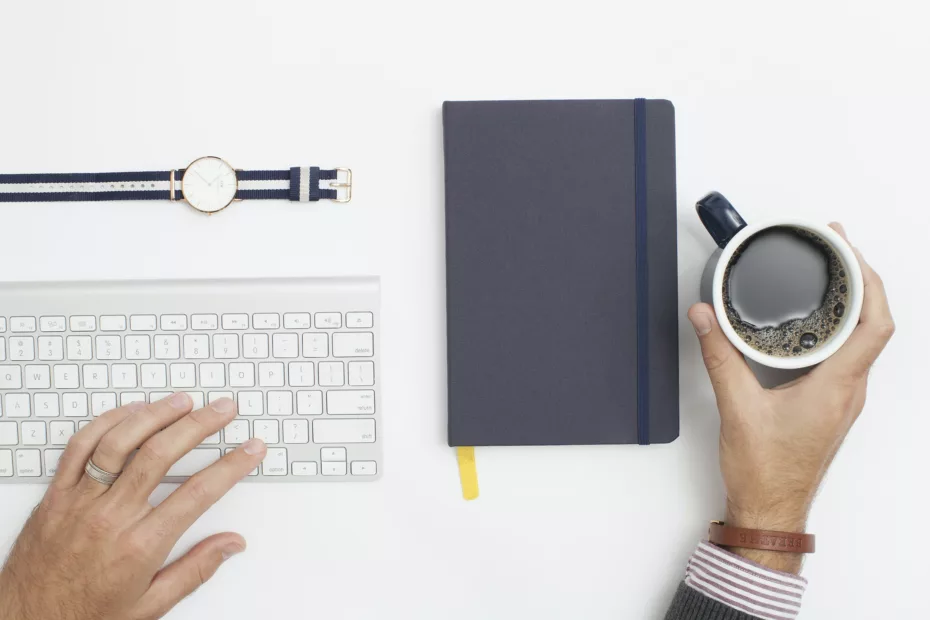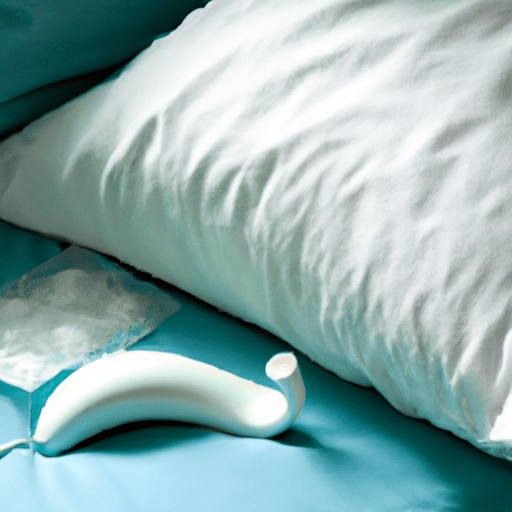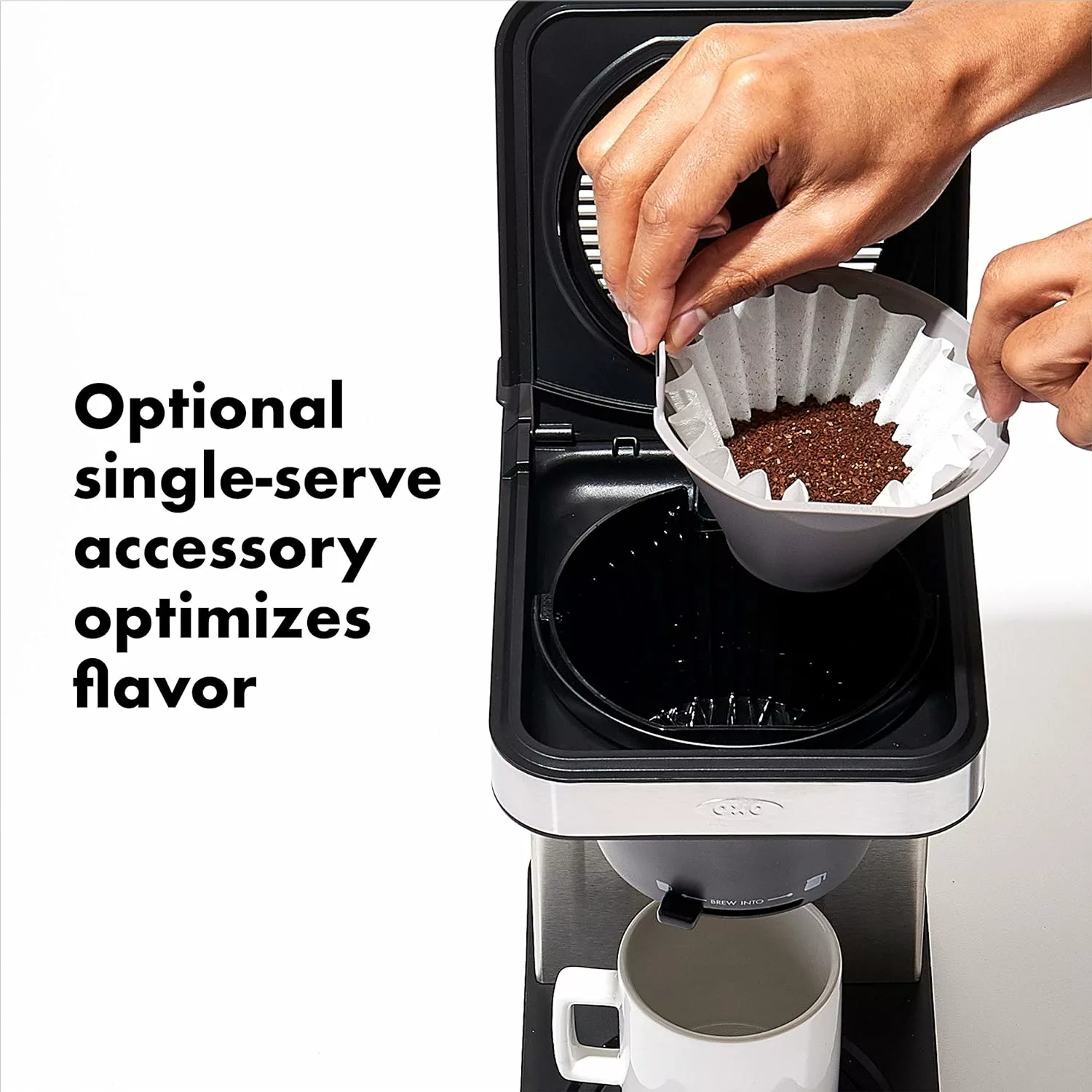Do you find yourself constantly reaching for that cup of coffee throughout the day? Are you starting to wonder if perhaps your reliance on this caffeinated beverage has gone a tad too far? Fear not, for we are here to help you determine if you’re drinking too much coffee! In this article, we will explore the signs and symptoms that may indicate you’re overdoing it on the caffeine, as well as provide some useful tips to help you strike a balance between enjoying your favorite brew and maintaining a healthy lifestyle. So sit back, grab a cup of tea if you’d like, and let’s dig into the world of coffee consumption!
Understanding the Effects of Caffeine
What is Caffeine
Caffeine is a natural stimulant substance found in coffee, tea, chocolate, and several other beverages and foods. It is known for its ability to boost energy levels, enhance mental alertness, and improve focus and concentration. Caffeine works by blocking the effects of adenosine, a neurotransmitter that promotes relaxation and sleep.
How it affects the body
When you consume caffeine, it is rapidly absorbed into your bloodstream and reaches your brain. Within minutes, you start to feel more awake and alert as caffeine binds to adenosine receptors, preventing adenosine from slowing down nerve activity. This leads to increased neuron firing and the release of adrenaline, which further enhances alertness.
Additionally, caffeine affects the release of other neurotransmitters such as dopamine and serotonin, which can improve mood and reduce feelings of tiredness. It also stimulates the production of more gastric acid, which aids in digestion.
How long its effects last
The effects of caffeine can vary depending on several factors such as the amount consumed, individual sensitivity, and metabolism. On average, the stimulating effects of caffeine can be felt within 15 to 45 minutes after consumption, reaching their peak around 1 to 2 hours. These effects can last for 3 to 5 hours, but the duration may be shorter for some individuals and longer for others.
Standard measures of Coffee
Various types of Coffees and their caffeine content
The caffeine content in a cup of coffee can vary widely depending on factors such as the coffee bean variety, preparation method, and serving size. Here are some common types of coffees and their approximate caffeine content:
- Drip brewed coffee (8 oz): 95-200 mg
- Espresso (1 oz): 63 mg
- Instant coffee (8 oz): 27-173 mg
- Decaffeinated coffee (8 oz): 2-12 mg
It is important to note that these values are approximate, and caffeine content can vary among different brands and brewing techniques.
Recommended daily intake of Caffeine
The American Academy of Pediatrics suggests that children and adolescents avoid caffeine consumption, while adults can safely consume up to 400 mg of caffeine per day, which is about 4 cups of drip brewed coffee. However, individual sensitivity to caffeine may vary, and some people may need to limit their intake to avoid negative effects.

This image is property of images.unsplash.com.
Physical Symptoms of Overconsumption
Headaches and migraines
Excessive caffeine intake can trigger headaches and migraines in susceptible individuals. While low to moderate amounts of caffeine can help alleviate headaches, consuming too much caffeine can lead to rebound headaches or worsen existing ones.
Increased heartbeat
Caffeine stimulates the central nervous system, causing an increase in heart rate. This can result in palpitations, rapid heartbeat, and feelings of a racing heart. It is important to monitor your caffeine intake, especially if you have a preexisting heart condition or high blood pressure.
Stomach ulcers and other digestive issues
Caffeine stimulates the production of gastric acid, which can irritate the lining of the stomach and exacerbate symptoms of stomach ulcers. In some individuals, excessive caffeine intake can also lead to digestive issues such as acid reflux, heartburn, and diarrhea.
Psychological Signs of Excessive Coffee Drinking
Anxiety
Caffeine can amplify feelings of anxiety and nervousness, especially in individuals who are prone to these conditions or already experiencing high stress levels. Consuming large amounts of caffeine can trigger panic attacks, restlessness, and an overall sense of unease.
Difficulty concentrating
While caffeine can initially improve focus and concentration, consuming excessive amounts can lead to difficulty concentrating and even impair cognitive function. This is because high levels of caffeine can interfere with sleep patterns and cause mental fogginess.
Restlessness and insomnia
caffeine is a stimulant that can interfere with sleep. If consumed later in the day, it can disrupt your natural sleep-wake cycle and make it difficult to fall asleep or stay asleep. This can lead to restlessness, insomnia, and an overall decrease in sleep quality.

This image is property of images.unsplash.com.
Long-term Impact of Overconsumption
Risk of mental health disorders
Excessive caffeine consumption has been linked to an increased risk of developing mental health disorders such as anxiety disorders, depressive disorders, and sleep disorders. Chronic caffeine intake can disrupt the brain’s neurochemical balance, contributing to these conditions.
Increased risk of heart diseases
Consuming large amounts of caffeine over an extended period has been associated with an increased risk of cardiovascular diseases, including high blood pressure, irregular heart rhythms, and heart attacks. It is especially important to monitor caffeine intake if you have preexisting heart conditions.
Impact on bone health
High caffeine intake has been linked to reduced bone density and an increased risk of osteoporosis. Caffeine can interfere with calcium absorption and increase calcium excretion through urine, leading to weaker bones and an increased risk of fractures.
Factors influencing Caffeine Sensitivity
Genetics
Individuals have different variations of genes that affect the way caffeine is metabolized in the body. Some people may be “slow metabolizers,” meaning caffeine stays in their system longer, while others may be “fast metabolizers,” processing caffeine more quickly. Genetic factors play a significant role in determining caffeine sensitivity.
Body mass
caffeine is distributed throughout the body, and individuals with a larger body mass may have a higher volume of distribution and a decreased caffeine concentration. Therefore, body mass can influence how caffeine affects each individual.
Tolerance level
Regular caffeine consumers may develop a tolerance to its effects over time. This means that they may require higher amounts of caffeine to experience the same effects, increasing the risk of overconsumption.
Age
The body’s ability to metabolize and eliminate caffeine decreases with age. Older individuals may experience prolonged effects of caffeine and be more sensitive to its stimulating effects.
Pregnancy and other health conditions
Pregnant women, individuals with certain health conditions (such as liver disease or anxiety disorders), and those taking specific medications may have heightened sensitivity to caffeine or may be advised to limit their caffeine intake due to potential risks.

This image is property of images.unsplash.com.
How to measure Coffee Intake
Counting cups of coffee
One way to measure coffee intake is by counting the number of cups consumed. However, it’s important to be aware that the caffeine content can vary among different types and sizes of cups.
Checking caffeine content
Checking the caffeine content of your preferred coffee brand or brewing method can give you a more accurate measure of caffeine intake. Many coffee brands provide this information on their packaging or websites.
Keeping a food/drink diary
Keeping a diary of your food and drink consumption can help you track your caffeine intake more accurately. Make sure to include not just coffee but also other sources of caffeine such as tea, energy drinks, and chocolate.
Reducing Coffee Consumption
Gradual reduction
The best approach to reducing coffee consumption is to do it gradually. Rather than quitting coffee cold turkey, consider gradually decreasing your intake by replacing some cups of coffee with decaffeinated alternatives or herbal teas.
Finding alternatives
Finding alternative beverages to replace coffee can help in reducing consumption. Herbal teas, green tea, and decaffeinated coffee can provide alternative options that still offer warmth and flavor without the stimulating effects of caffeine.
Combating cravings and withdrawal symptoms
When reducing coffee consumption, some individuals may experience withdrawal symptoms such as headaches, fatigue, and irritability. Staying hydrated, getting enough rest, and incorporating mild exercise can help alleviate these symptoms. Additionally, replacing coffee with other pleasurable activities or finding healthy substitutes for comforting rituals can also assist in managing cravings.
Interactions of Coffee with other substances
Use of coffee with alcohol
Combining coffee with alcohol can lead to a false sense of alertness, masking the depressant effects of alcohol. This may increase the risk of alcohol-related accidents or encourage further alcohol consumption beyond one’s limits.
Use of coffee with other caffeinated products
Combining coffee with other caffeinated products, such as energy drinks or certain medications, can lead to excessive caffeine intake. This can amplify the stimulating effects on the nervous system and potentially cause negative side effects.
Use of coffee in conjunction with medications or drugs
Certain medications and drugs can interact with caffeine, either enhancing or diminishing their effects. It is important to consult with a healthcare professional or pharmacist to understand any potential interactions and adjust caffeine consumption accordingly.
Seeking Medical Help
When should you consult a doctor
If you suspect that your caffeine consumption is negatively impacting your health or daily life, it is advisable to consult a healthcare professional. Additionally, if you experience severe symptoms such as chest pain, irregular heartbeat, or severe anxiety after consuming caffeine, seeking medical help is essential.
Treatment options for caffeine overconsumption
Treatment for caffeine overconsumption may involve gradually reducing caffeine intake, managing withdrawal symptoms, and addressing any underlying health issues or mental health disorders that may have contributed to excessive caffeine consumption.
Guidance from professional bodies or organizations
Professional bodies and organizations, such as the World Health Organization (WHO) or the American Heart Association, can provide guidance and resources for individuals seeking information on caffeine consumption and its effects. It is beneficial to refer to reputable sources for accurate and up-to-date information.




